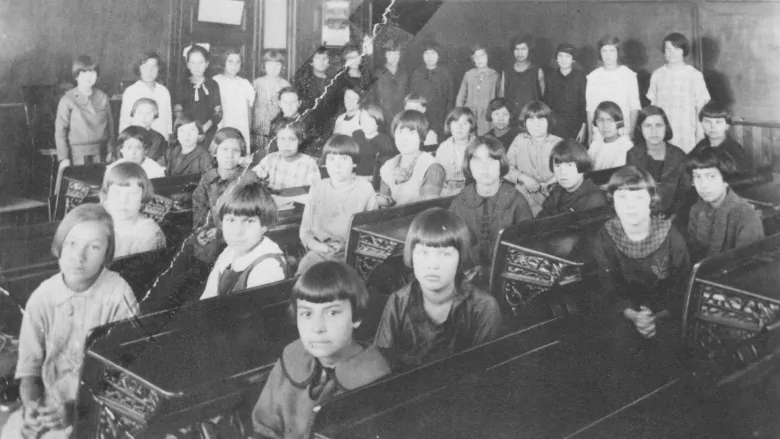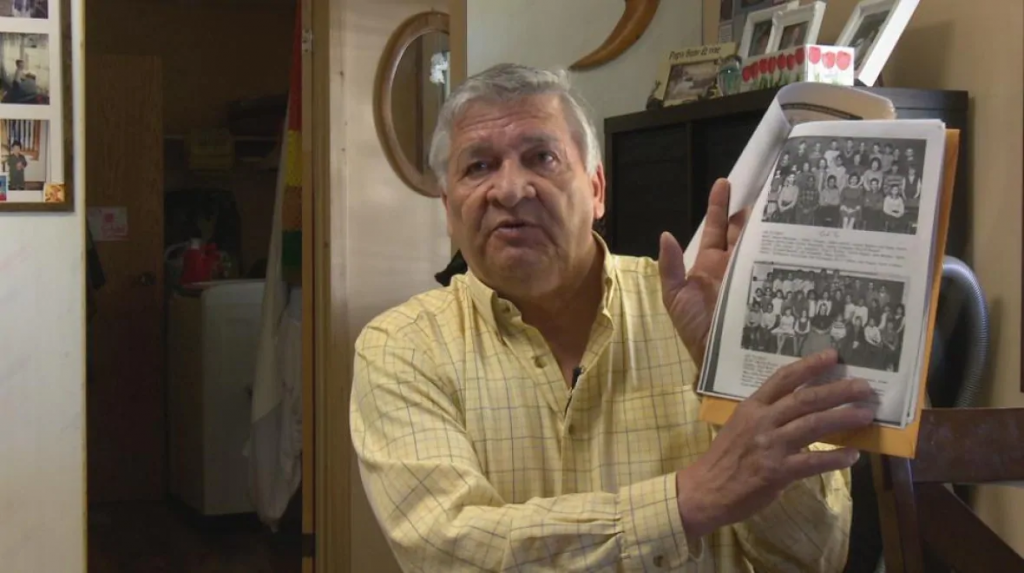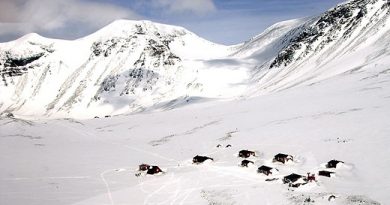Canada’s Northwest Territories: Former Métis leader says day school settlement forms ‘misleading’

A former N.W.T. Métis Council president alleges that day school settlement forms are “misleading” survivors away from the rightful money they deserve.
The 15-page Indian day school class action settlement form divides compensation into five levels that is based on the kind of harm that any one student faced.
Ken Hudson, the former Fort Smith Métis local president, said everyone he knows is quickly filling out the form for the lowest amount of compensation owed — because the form does not explicitly spell out how much money should be compensated for common expressions of abuse, like belt strappings.
The schools, also called federal day schools, operated separately from residential schools but were operated by many of the same groups that ran residential schools, from the 1860s to the 1990s. The nationwide class action settlement offers former students a range of compensation of up to $200,000, based on abuse suffered while attending the schools.
‘Can’t they simplify it?’
The form asks former students at the first level of compensation if they were mocked for their Indigenous heritage, received threats or were the victims of “unreasonable or disproportionate acts of discipline or punishment.” If they check ‘yes,’ the recipient gets $10,000 without having to provide any additional documentation.
Survivors who check off any of the other levels of compensation, which range from $50,000 to $200,000, need to provide extensive documentation to support their claim, including proof of their attendance at a day school, a written narrative of what happened to them, the names of those who abused them, family testimonies, and any medical records with lists of injuries that happened at the school.

The claims are then reviewed by the Canadian government and the claims administrator.
Hudson said survivors who live in small towns like Fort Smith talk to each other about how much money they are applying for.
When one person says they will be applying for the lowest level of $10,000, Hudson said, many others are likely to follow suit because they believe that’s all they’re owed.
“They’re working with all Indigenous people here,” he said. “Can’t they simplify it to say ‘did you get strapped?'”
More time to revise claims needed
Jeannie Marie-Jewell has helped over 300 survivors in her hometown of Fort Smith by hosting day school settlement information sessions and one-on-one appointments.
She said the settlement process is difficult for many of her fellow survivors, who initially want to fill out the form for the $10,000 to get it over with, but then after reflecting on their experiences, decide to provide more information for a bigger settlement.
On Thursday, class council said they would no longer be accepting revised claims — something that Marie-Jewell said needs to be reversed immediately.
“The deadline is not until July 2022, why didn’t they leave it until at least a year? I just don’t understand.”
Free one-on-one support
In a statement to CBC North, the settlement class council from Gowling WLG reminded survivors that they can ask for free one-on-one support or join an online workshop to get help. They reminded survivors to take their time filling out the form, because all settlements are only due by July 13, 2022.
“We know that, after waiting many years for justice and recognition, submitting a claim is a major milestone in many claimants’ lives and we are available to provide legal support to all who require it,” the statement reads.
Hudson said he worries about the claimants in smaller communities like Fort Resolution that he went to school with. He wants to see the federal government get involved by providing the money to hire more people like Marie-Jewell to host in-person meetings in those smaller communities.
“Why would we remember things that happened 50 years ago if they didn’t affect us?” Hudson said.
Related stories from around the North:
Canada: Lawyer wants man in violent Kinngait arrest video to join his class action, CBC News
Finland: Police response times up to an hour slower in Arctic Finland, Yle News
Norway: Norway’s Supreme Court to decide landmark climate case against Arctic oil in November, The Independent Barents Observer
Russia: Police crackdown on Putin opponent’s offices in Arctic Russia, The Independent Barents Observer
Sweden: Film exploring racism against Sami wins big at Swedish film awards, Radio Sweden
United States: Lack of village police leads to hiring cops with criminal records in Alaska: Anchorage Daily News, Alaska Public Media



